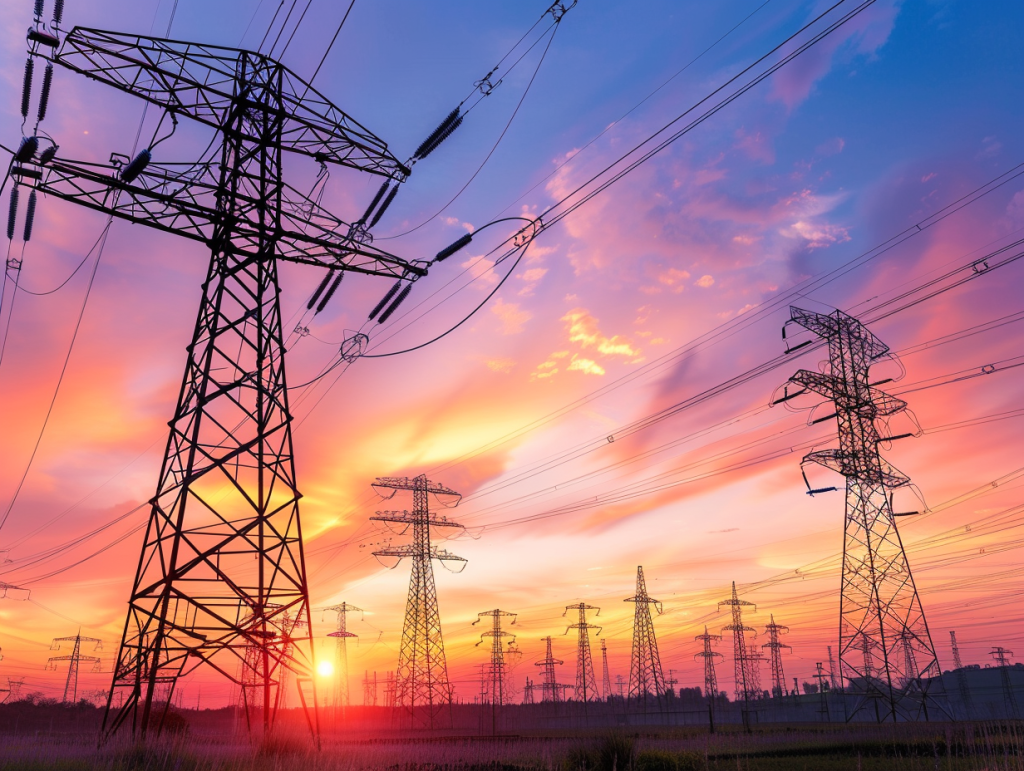Introduction to Prepaid Electricity
Prepaid electricity is a system where consumers pay for their electricity before they use it. This system is akin to how prepaid mobile phone services work. Instead of receiving a bill at the end of the month for the electricity consumed, users purchase electricity credits in advance. These credits are then deducted as electricity is used. Prepaid electricity systems are becoming increasingly popular in various parts of the world due to their numerous benefits, including better budget management for consumers and improved revenue collection for utility companies.

How Prepaid Electricity Works
The prepaid electricity system involves several key components and steps:
1. Prepaid Meter
A prepaid meter is installed at the consumer’s premises. This meter records the amount of electricity consumed and deducts it from the prepaid balance. These meters can be digital or smart meters, capable of providing real-time data on electricity usage.
2. Purchase of Credits
Consumers purchase electricity credits from authorized vendors or through online platforms. The purchase can be made using cash, credit/debit cards, or mobile money services. Upon purchase, consumers receive a unique code or token.
3. Loading Credits
The unique code or token received after purchasing credits is entered into the prepaid meter. This can be done manually by keying in the code on the meter’s keypad or automatically through a smart meter connected to the internet. Once the code is entered, the meter updates the balance to reflect the new credit amount.
4. Usage and Monitoring
As electricity is consumed, the meter deducts the corresponding amount from the prepaid balance. Consumers can monitor their usage and remaining balance through the meter’s display or via mobile apps and online portals provided by the utility company.
Benefits of Prepaid Electricity
Prepaid electricity offers several advantages for both consumers and utility providers:
1. Budget Management
Consumers can better manage their electricity expenses by purchasing credits according to their budget. This helps avoid unexpected high bills at the end of the month.
2. Energy Conservation
With real-time monitoring of electricity usage, consumers become more aware of their consumption patterns and are more likely to adopt energy-saving practices.
3. Reduced Debt and Disconnections
Since consumers pay in advance, there is no accumulation of unpaid bills, reducing the risk of disconnections due to non-payment. This also benefits utility companies by ensuring steady revenue flow.
4. Convenience and Flexibility
Prepaid electricity offers the convenience of purchasing credits anytime and from various locations, including online platforms. This flexibility is particularly beneficial for consumers with irregular income patterns.
Challenges of Prepaid Electricity
Despite its benefits, prepaid electricity systems also face certain challenges:
1. Initial Setup Costs
The installation of prepaid meters and the development of supporting infrastructure can be costly. These costs may be passed on to consumers or require significant investment from utility companies.
2. Accessibility Issues
In some regions, especially rural areas, access to vendors or online platforms for purchasing credits may be limited, posing a challenge for consumers.
3. Technical Issues
Prepaid meters and the associated technology must be reliable and secure. Technical malfunctions or security breaches can disrupt service and undermine consumer trust.
4. Consumer Education
Consumers need to be adequately educated on how to use prepaid meters and manage their electricity credits. Lack of understanding can lead to misuse or dissatisfaction with the system.
Global Adoption of Prepaid Electricity
Prepaid electricity systems are being adopted worldwide, with significant uptake in developing countries. For instance, countries in Africa, such as South Africa, Nigeria, and Kenya, have implemented prepaid electricity to improve revenue collection and reduce electricity theft. In developed countries, prepaid electricity is also gaining traction as part of smart grid initiatives aimed at enhancing energy efficiency and consumer engagement.
Future of Prepaid Electricity
The future of prepaid electricity looks promising, with advancements in technology driving its evolution. The integration of smart meters, mobile apps, and online platforms will continue to enhance the convenience and functionality of prepaid systems. Additionally, the growing focus on renewable energy sources and smart grids will likely see prepaid electricity becoming a key component of modern energy management solutions.
Conclusion
Prepaid electricity offers a practical and efficient way for consumers to manage their electricity expenses while providing utility companies with a reliable revenue stream. Despite some challenges, the benefits of prepaid electricity systems make them an attractive option for both consumers and providers. As technology continues to advance, prepaid electricity is set to play an increasingly important role in the global energy landscape.

